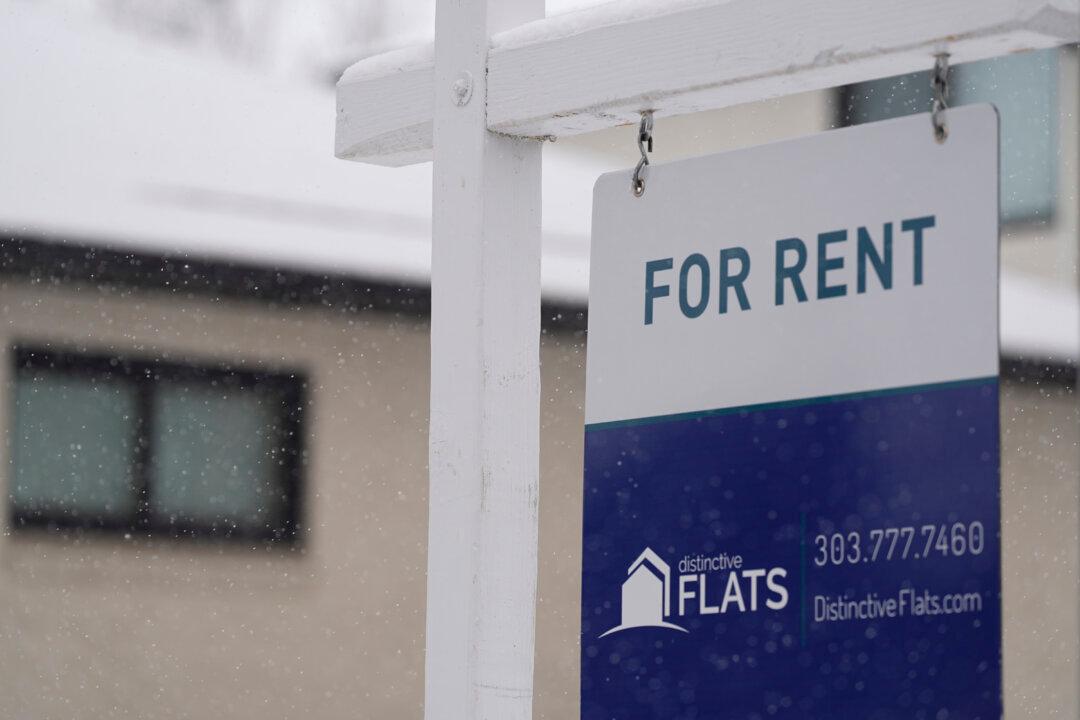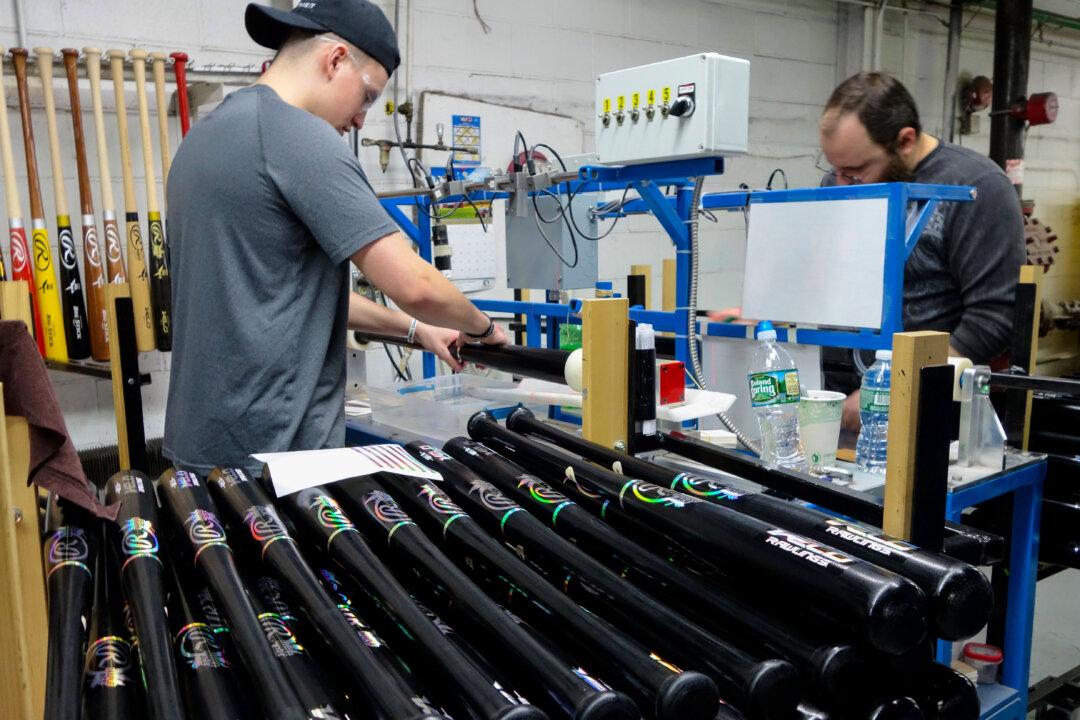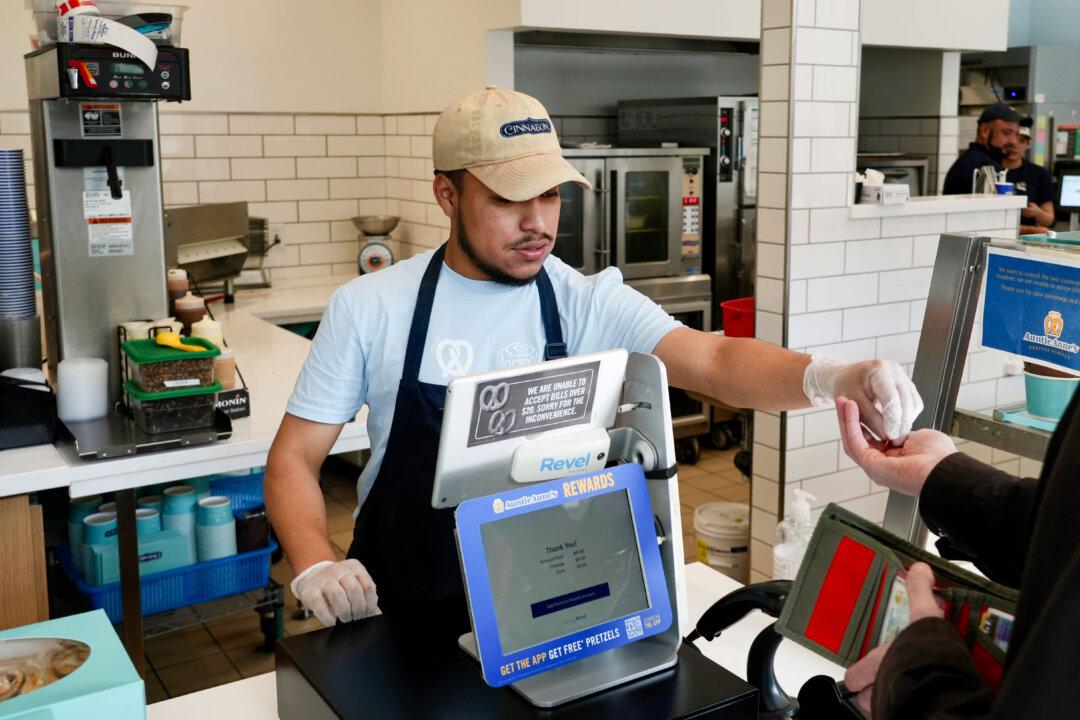Twenty years ago, President George W. Bush, to encourage home purchases, said: “We can put light where there’s darkness and hope where there’s despondency in this country. And part of it is working together as a nation to encourage folks to own their own home.” Some believe that encouragement fueled the home mortgage madness that ignited the Great Recession. But many financial observers looking at the real estate market today are showing cooler heads, believing that home ownership may not be the best economic decision.
New research from global commercial real estate services and investment company CBRE shows that the American Dream of buying a home might not be the best economic decision in 2024, with mortgage payments projected to exceed rental costs for at least the next five years.





